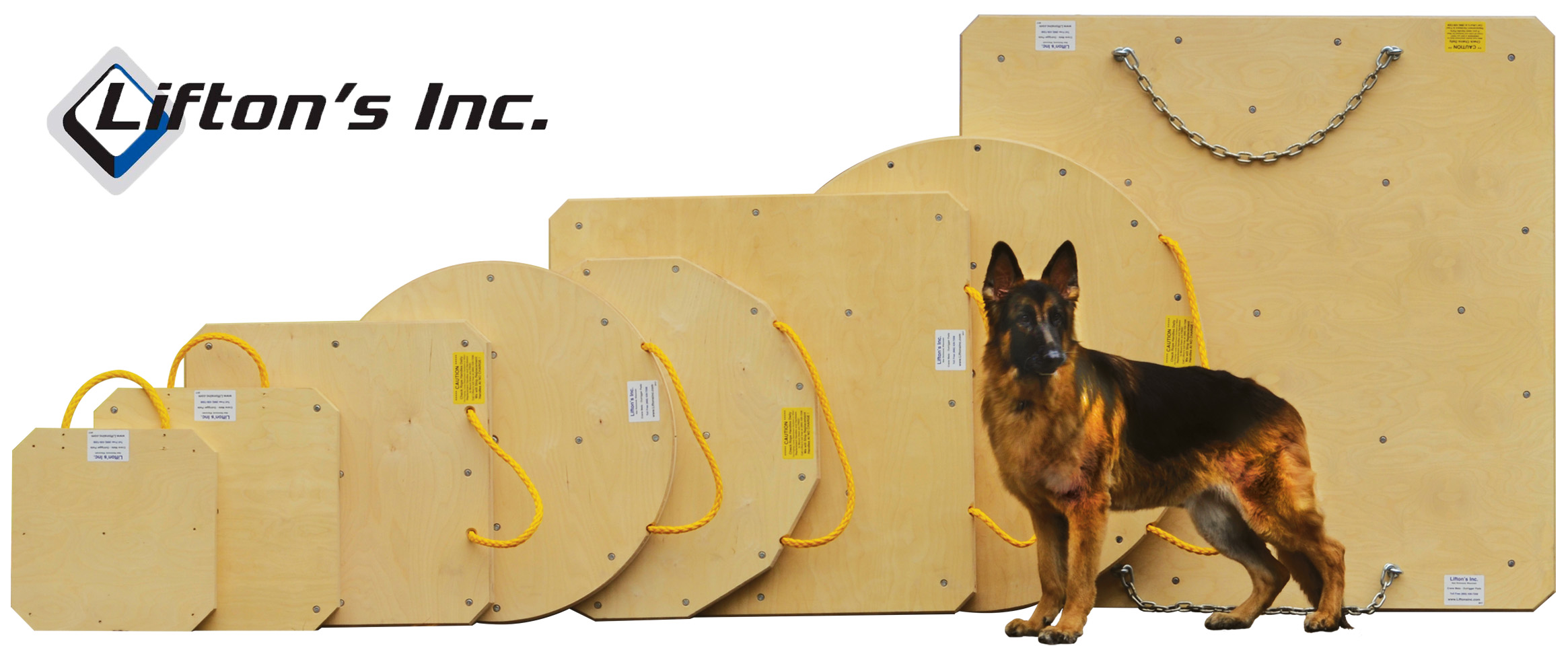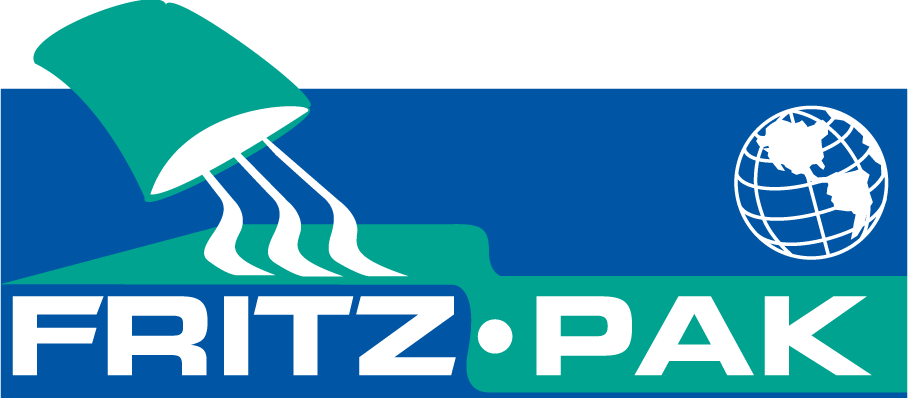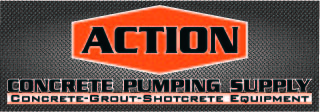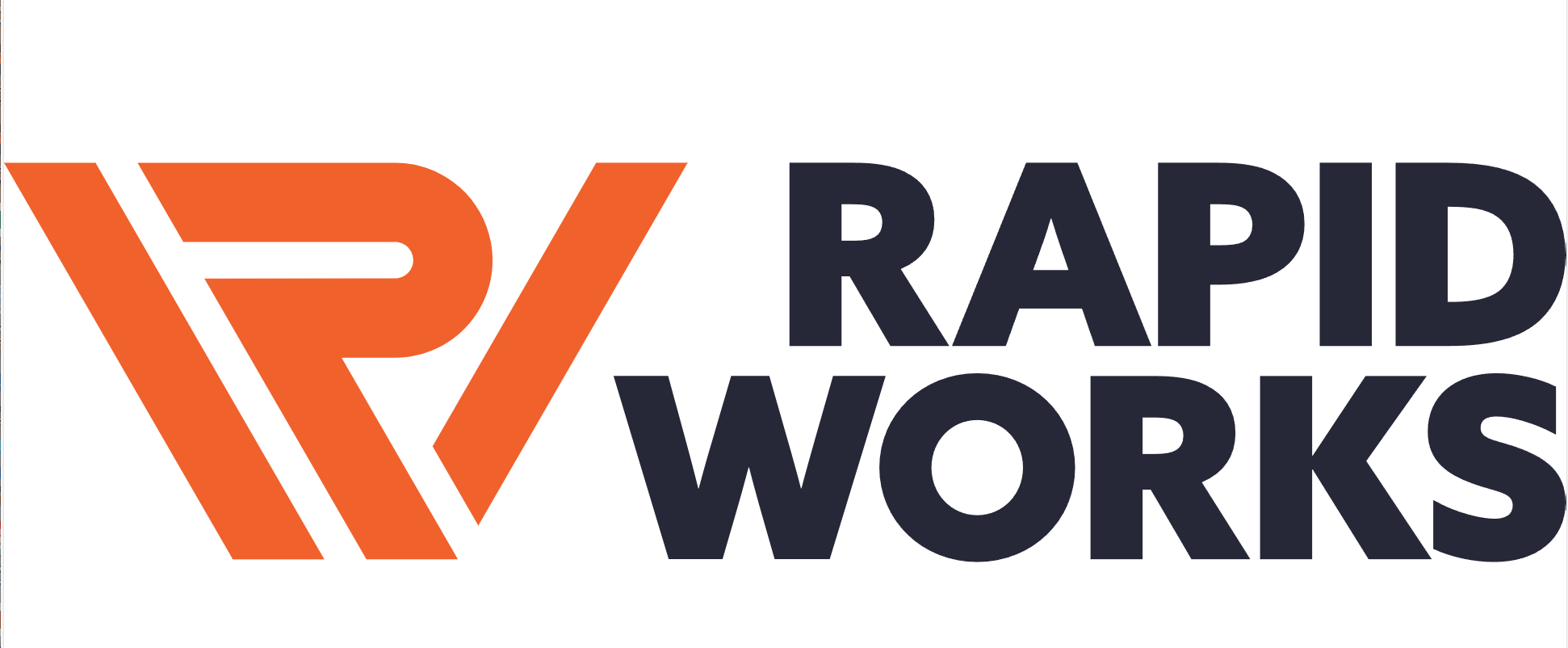| Todd | 04-25-2014 | comment profile send pm notify |
|
B.C. READY-MIXED CONCRETE ASSOCIATION April 21, 2014 Concrete and safety associations, along with WorkSafeBC, are looking at certifying concrete pump operators. A joint proposal for concrete pump operator certification is being developed by the B.C Construction Safety Alliance (BCCSA) and the B.C. Ready-Mixed Concrete Association (BCRMCA). The board of directors of the BCCSA recently approved funding for the first two phases of a four-phase joint proposal to work with the BCRMCA and eventually WorkSafeBC to develop safety standards for competent concrete pump operation and a certified testing regime in the province. “The first two phases will deal with standards development and consultation,” said BCCSA executive director Mike McKenna. “The third and fourth phases, depending on the outcome of phases one and two, will deal with instructional materials and a pilot program.” Work on the first two phases is expected to take three to four months, after which the BCCSA and the BCRMCA will look at the results and see what adjustments need to be made to the proposal. BCRMCA president Charles Kelly said he is more than pleased that the project is going ahead. “We’re looking forward to working with the pump operators, the BCCSA and the B.C. construction industry as a whole,” he said. Although the Canada Standards Association has operator qualification and conduct rules for concrete pumps and placing booms, the province does not have a mandatory certification process, or a compliance regime to ensure that safety and competence requirements are being met. “WorkSafeBC has identified concrete pump operators in its list of high-risk construction jobs,” he said. “The consensus to move to a more rigorous and formal certification process has been growing for some time. There was a death on a BC work site a number of years ago. There have also been deaths in Ontario and Alberta in recent years. And, the pumps are getting larger and more complex to operate. We are seeing many more 40 and 60-metre booms.” The BCRMCA developed its own pump operator safety training manual seven years ago. Training is valid for three years, after which it must be renewed. The program has trained more than 350 pump operators so far. “The program is a Canadian-first, but it lacks a required demonstration of competence component,” he said. “Our members and our board think this program as it stands now is not enough.” Kelly said the concrete operator safety and competence program will be voluntary, rather than compulsory. “To be compulsory, it must become an enforceable WorkSafeBC regulation,” he said. “The process to establish a regulation can take years and requires a wide consultation process with industry. To achieve certification goals in a voluntary program will also require significant consultation. Ideally, the voluntary enforcement of ensuring concrete pump operators are certified will be the responsibility of contracting companies.” Kelly said that, after a consensus has been reached on safety and competence standards for the different types of concrete pumps, a training curriculum will be developed in parallel with the testing regime. “The reason for the ‘in parallel’ is that there needs to be a direct relationship between training materials and how an operator is tested,” Kelly said. “Think of this as a driver’s test, where you know in advance what you will be tested on, and you learn what you need in order to pass the test.” The development of the training materials will be contracted out to curriculum development professionals with the guidance of the BCCSA. “We will be engaging subject matter experts from the pumping industry,” he said. “And we have been drawing on the experience of the B.C. Association for Crane Safety (BCACS) to develop a testing regime.” Kelly said the safety and competence issues faced by concrete pump operators and crane operators are similar. “We will incorporate lessons learned from the crane industry in our program,” he said. One of the challenges the pump operators program will face is that their number and location is unknown.<0x000A>“In the case of crane operators, when they were compelled to register, the number of cranes and crane operators surprised them,” Kelly said. “Without compulsion, we will have to ferret out every pump in B.C. It’s not an insignificant problem.” BCACS executive director Fraser Cocks said his association began testing crane operators in 2009. “We go to industry at worksites around the province,” he said. “Since we started the program, we’ve done more than 14,000 assessments and issued more than 10,000 credentials.” The program of operator training, and the 13 different credentials of competence that are issued, vary according to types of crane. The BCACS sets the standards, holds the evaluations and issues credentials, but industry does the actual training. “The program has worked well and the industry has embraced it,” Cocks said.
|
||











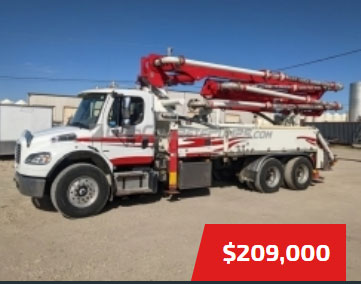








.jpg)
.gif)

.jpg)









.jpg)
